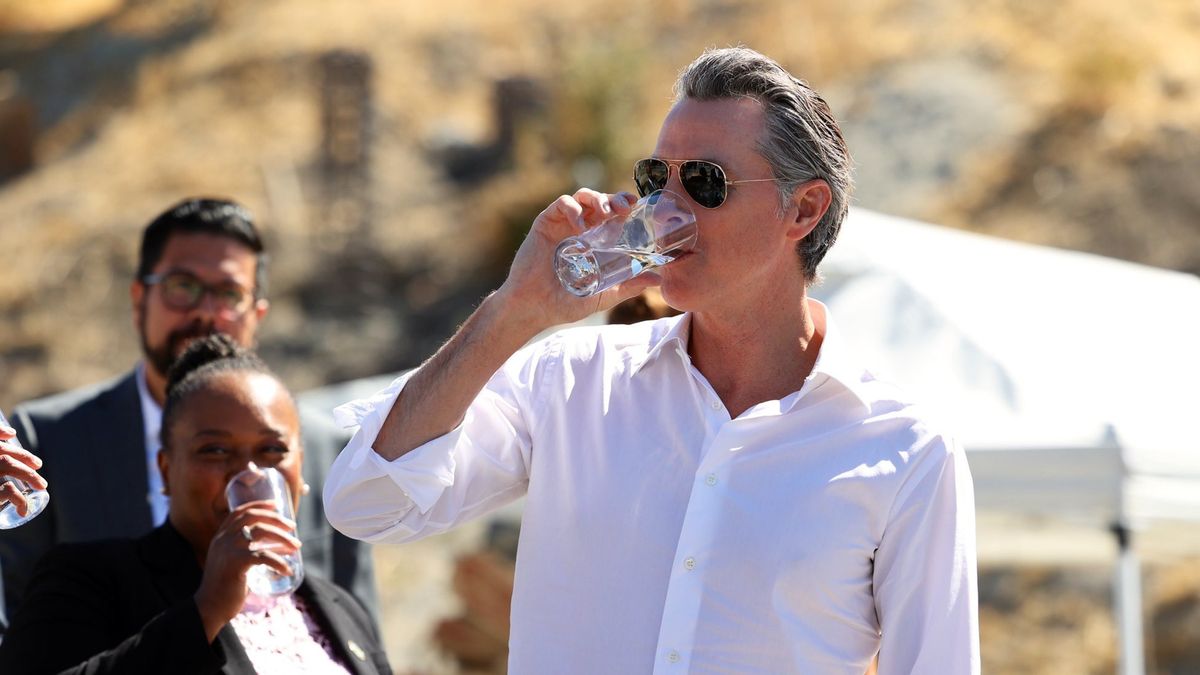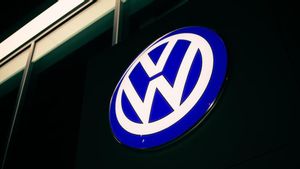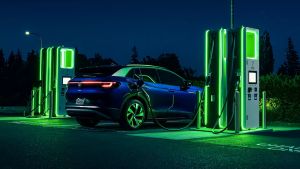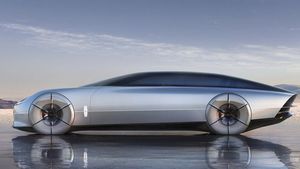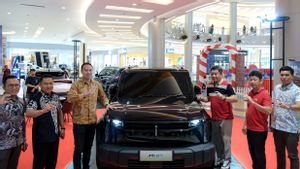JAKARTA – The state government of California will move closer to banning the sale of new, gasoline-only cars by 2035. This is a major step in the car-loving nation's fight against climate change.
The policy's expected adoption by the state's Air Resources Council during a meeting scheduled for Thursday, August 25 comes after Governor Gavin Newsom set a target by 2020 to clean up California's auto fleet.
The proposed regulations would set strict deadlines for meeting that goal, forcing automakers to ramp up production of cleaner vehicles, starting in 2026. The requirements would only accelerate from there, to zero-emissions passenger cars, pickup trucks and SUVs as well as hybrids. A limited number of plug-ins are allowed to be sold in the state by 2035.
Liane Randolph, Chair of the Air Resources Council, voiced a proposal to deliver “a more than 50 percent reduction in pollution from cars and light trucks by 2040” and move the state closer to a future where there are no vehicle emissions at all.
The state's move does not prohibit the sale of used vehicles. Owners of old-fashioned petrol cars can still drive California highways.
"This will help accelerate the transition and give a signal that customers and states are ready for this transition to happen quickly," said Kathy Harris, clean vehicles and fuels advocate at the Natural Resources Defense Council. "This is a very exciting announcement."
Known for its driving culture and congested highways, California has a great influence over the entire automotive industry. Federal waivers under the Clean Air Act allow states to enforce tailgate emission standards that are stricter than those required by the Federal Environmental Protection Agency, with more than a dozen other states having chosen to use the standards set by California in the past.
The abandonment emerged as a source of considerable tension between the state and President Donald Trump. His deputies at the EPA stripped California of the right to set its own climate exhaust standards but President Joe Biden's administration restored them earlier this year.
State agencies will submit proposed rules to the EPA for final approval. Meanwhile, the Biden administration issued stricter national exhaust rules last year for new cars and SUVs made until 2026.
SEE ALSO:
California's aggressive deadline comes soon after Biden signed a climate package that costs tens of billions of dollars to accelerate the transition to electric vehicles through hefty tax credits for vehicle buyers and incentives for automakers to move their production lines to the US and expand operations.
But state regulations are proving to be more impactful. They send a clear signal to the automotive industry that a large part of the national car market will be closed to various types of gasoline-powered vehicles in a relatively short period of time. As the industry announced plans for battery and assembly plants as well as new electric models in the US, the state's move prompted automakers to step up even more.
"It's a big problem," said Scott Hochberg, a transportation attorney at the Center for Biodiversity. But he warned that states could still move faster. "We'd like to see the law go further," Hochberg said, as quoted by the Washington Post.
Among the drawbacks, according to Hochberg, were the lack of incentives for low-income communities and too lax standards to clean up emissions from internal combustion engines sold before the 2035 deadline. "The rule needed to react to the urgency of the time, but it failed," he added.
The Golden State has a long legacy of forcing automakers to increase their efficiency. Selling two fleets of vehicles, one in California and a state that follows its regulations and the other in a state that only follows federal standards, is logistically and financially a barrier for automakers.
Many electric vehicles have long waiting lists of buyers. The gasoline car company, which is investing billions of dollars in EVs and meeting demand, is still undecided about the fast deadline set by California.
"Despite this positive trend, California's EV sales mandate is still very aggressive. Even in California with decades of supportive EV policies - and it will be very challenging," said John Bozzella, president and chief executive of the Alliance for Automotive Innovation, a trade group representing the car maker.
The English, Chinese, Japanese, Arabic, and French versions are automatically generated by the AI. So there may still be inaccuracies in translating, please always see Indonesian as our main language. (system supported by DigitalSiber.id)
